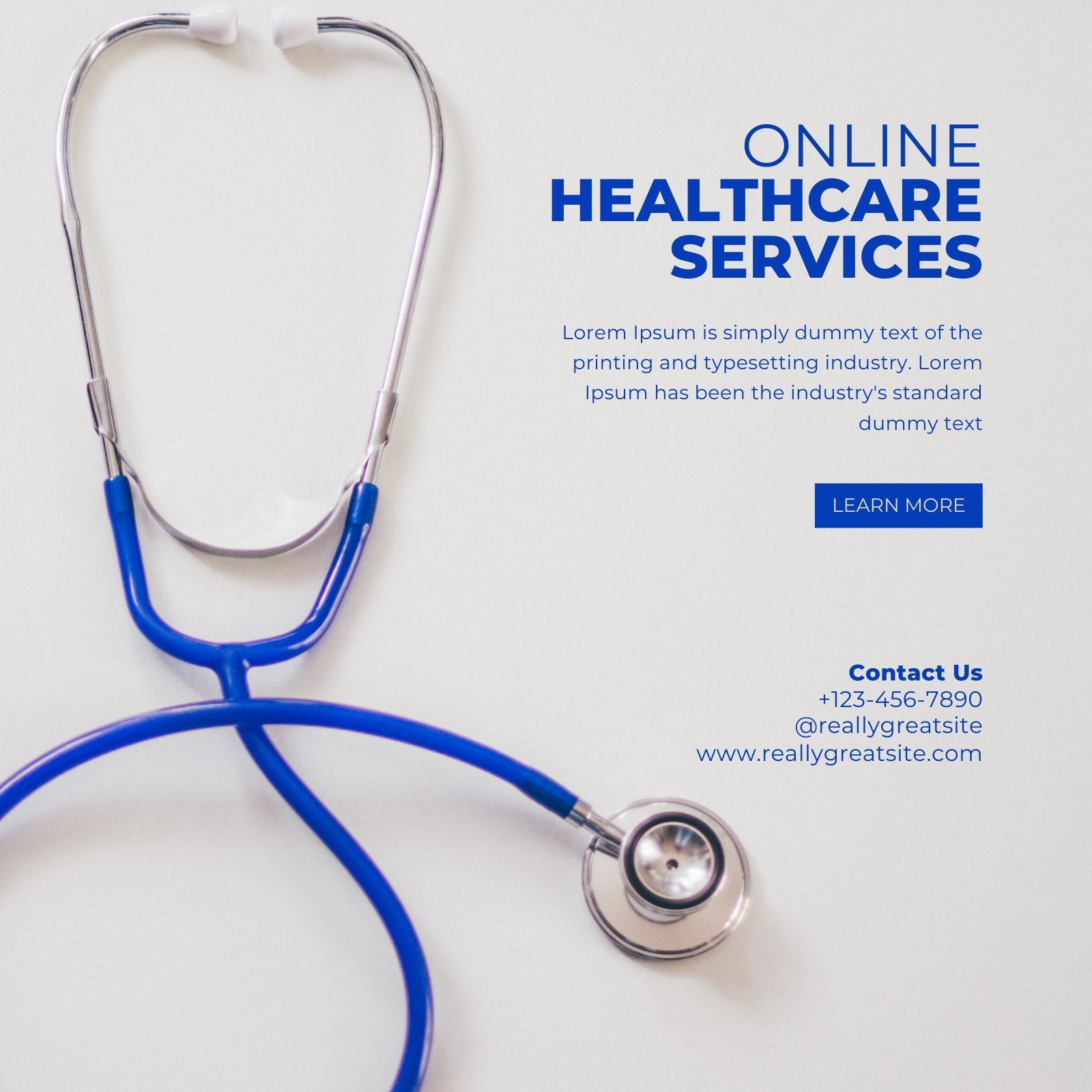The Effect of Subscription Based Healthcare on Conventional Clinical Practices
The Effect of Subscription Based Healthcare on Conventional Clinical Practices
Blog Article
Browsing the Future of Medication With Subscription-Based Healthcare Provider
As the medical care sector advances, subscription-based solutions arise as a crucial version guaranteeing to reshape client treatment shipment. With the potential to supply structured, affordable remedies with predictable pricing and tailored interest, these solutions stand at the center of modern clinical innovation. Yet, as we consider their rise, one have to contemplate the implications of integrating such systems right into existing healthcare frameworks. What obstacles do they posture in regards to information protection and equitable accessibility, and exactly how might they redefine the patient-provider partnership? The response to these inquiries can basically change our method to health care.
Surge of Membership Medical Care
As health care systems all over the world face raising stress from rising costs and need for services, the arrival of subscription-based healthcare models has actually become a transformative trend. This cutting-edge approach is interrupting standard health care shipment by offering a foreseeable, flat-rate payment structure for clinical solutions. Rooted in the principles of attendant medicine, subscription-based healthcare allows companies to focus on individualized individual treatment while concurrently handling operational efficiencies.
The enhancing customer demand for transparency and predictability in health care expenses has driven the shift towards this version. Subscription-based services frequently provide straight access to healthcare specialists, which can minimize the management problems associated with insurance coverage cases and repayments.
This design is getting grip amongst diverse doctor, from health care medical professionals to specialized centers, by aligning financial rewards with preventative and constant treatment. By moving the focus from volume to value-based treatment, membership healthcare has the prospective to reshape the landscape, fostering an extra lasting and patient-centered strategy to health management.
Advantages for Clients

Furthermore, subscription-based services often highlight preventive care, encouraging normal examinations and wellness screenings. This proactive technique can bring about early detection of health and wellness issues, potentially improving end results and decreasing long-lasting medical care costs for clients. Moreover, such versions normally provide clear rates, permitting clients to better comprehend their health care costs and stay clear of unanticipated clinical bills.
The customized nature of subscription-based healthcare also improves client experience. Patients can get customized healthcare strategies that suit their particular demands, fostering a much more patient-centric method.
Technology's Duty in Makeover

Fabricated knowledge (AI) plays a vital role in predictive analytics, aiding in very early diagnosis and tailored treatment plans. AI formulas assess huge datasets to determine patterns that may be ignored by human observation, thus improving scientific decision-making. Digital health documents (EHRs) enhance client information management, making sure continuity and coherence my latest blog post of care throughout various services and providers.
Blockchain modern technology improves data safety and security and privacy, vital for maintaining person count on in digital systems. It enables transparent and safe transactions of clinical information, ensuring that delicate details remains secured. With the integration of artificial intelligence and AI, blockchain can automate complex medical care processes, reducing management concerns.
Challenges and Factors To Consider
While modern technology pushes the abilities of subscription-based health care solutions, it additionally presents a collection of challenges and factors to consider that should be resolved to guarantee effective execution. One substantial challenge is the fair accessibility of these solutions. As subscription designs commonly rely upon digital systems, there is a danger of aggravating the electronic divide, leaving people without net gain access to or electronic literacy. Ensuring these services do not disproportionately profit only tech-savvy and wealthy populations is necessary.
Data personal privacy and safety and security stand for another essential factor to consider. Subscription-based services usually require the collection and storage of large quantities of individual health details. Service providers must comply with rigorous information security regulations to preserve patient trust fund and protect against unauthorized accessibility, which could bring about substantial ethical and lawful consequences.
As medical visit this site right here care requires evolve, maintaining an affordable balance between subscription fees and solution top quality is vital to avoid individual frustration and attrition. Dealing with these difficulties is essential as subscription-based health care solutions proceed to evolve and expand.
Future Implications for Medicine
Subscription-based medical care services are poised to substantially influence the future landscape of medicine by reshaping how treatment is accessed and supplied. These designs supply the potential to democratize health care accessibility, offering clients with even more personalized and prompt treatments. By leveraging technology, such as telemedicine and data analytics, membership services can help with great site continual tracking and customized health and wellness administration, therefore enhancing outcomes and minimizing the concern on conventional health care systems.
As these services gain grip, they could stimulate a change towards preventative treatment, emphasizing the importance of early detection and monitoring of persistent problems. This aggressive strategy may eventually reduce medical care expenses by reducing the need for costly treatments occurring from late-stage disease monitoring. Additionally, membership versions provide a scalable service to deal with disparities in medical care gain access to, particularly in rural or underserved populations.
Nevertheless, the transition towards subscription-based models necessitates addressing governing and honest considerations, consisting of data personal privacy and fair accessibility. As the market progresses, collective efforts in between policymakers, innovation developers, and doctor will be crucial to developing durable frameworks that safeguard person interests while cultivating technology. Inevitably, these services assure to add considerably to a much more effective, patient-centered medical care community.

Conclusion
Subscription-based medical care solutions represent a substantial development in the medical area, offering predictable costs and personalized treatment that improve access and prioritize precautionary measures. Technological developments, such as telemedicine and AI-driven analytics, help with tailored client experiences, improving total health results. Obstacles such as information personal privacy and fair accessibility have to be resolved to guarantee the widespread advantages of these services. As the healthcare landscape evolves, registration versions are positioned to play a critical duty fit the future of medication.
As the medical care industry advances, subscription-based services emerge as a pivotal design assuring to reshape individual treatment delivery.As health care systems around the globe face boosting stress from increasing expenses and need for services, the introduction of subscription-based medical care versions has emerged as a transformative fad (subscription based healthcare).With the increase of subscription-based medical care designs reshaping conventional medical care delivery, individuals are starting to experience substantial benefits from this innovative approach. As medical care requires progress, maintaining a cost-efficient balance in between registration fees and solution top quality is vital to avoid person dissatisfaction and attrition.Subscription-based healthcare solutions are positioned to substantially influence the future landscape of medicine by reshaping how treatment is accessed and provided
Report this page